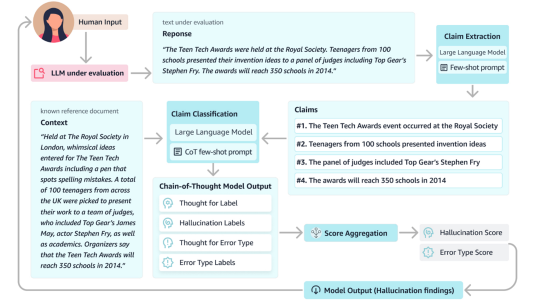Techniques for knowledge graph (KGs) enrichment have been increasingly crucial for commercial applications that rely on evolving product catalogues. However, because of the huge search space of potential enrichment, predictions from KG completion (KGC) methods suffer from low precision, making them unreliable for real-world catalogues. Moreover, candidate facts for enrichment have varied relevance to users. While making correct predictions for incomplete triplets in KGs has been the main focus of KGC method, the relevance of when to apply such predictions has been neglected. Motivated by the product search use case, we address the angle of generating relevant completion for a catalogue using user search behaviour and the users property association with a product. In this paper, we present our intuition for identifying enrichable data points and use general-purpose KGs to showcase the performance benefits. In particular, we extract entity-predicate pairs from user queries, which are more likely to be correct and relevant, and use these pairs to guide the prediction of KGC methods. We assess our method on two popular encyclopedia KGs, DBPedia and YAGO 4. Our results from both automatic and human evaluations show that query guidance can significantly improve the correctness and relevance of prediction.
Research areas




